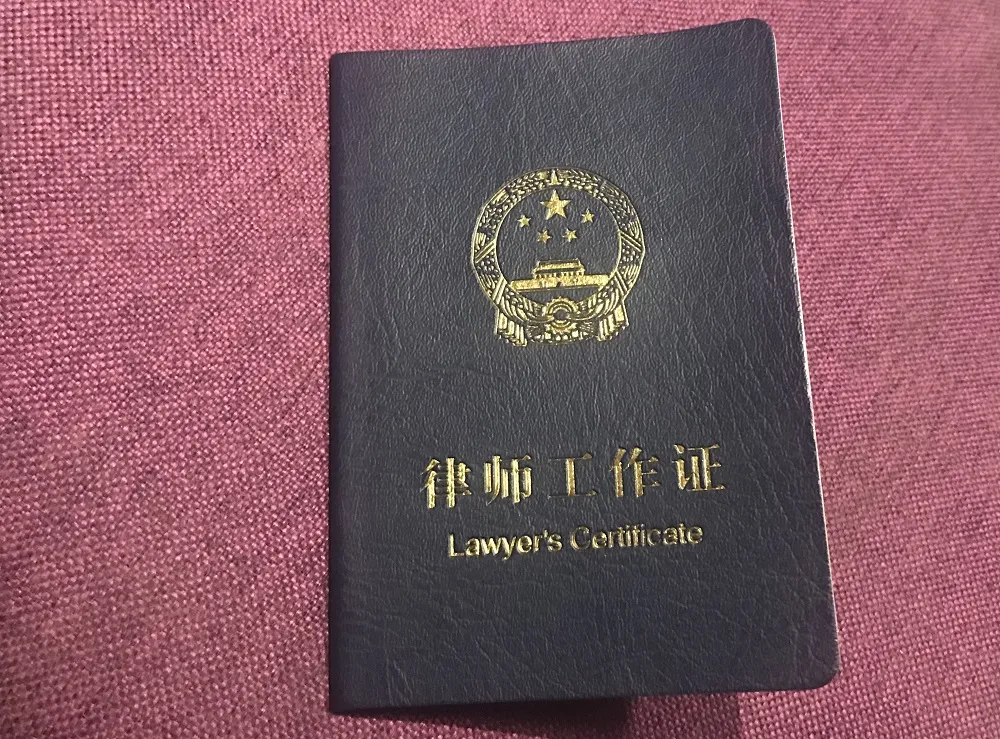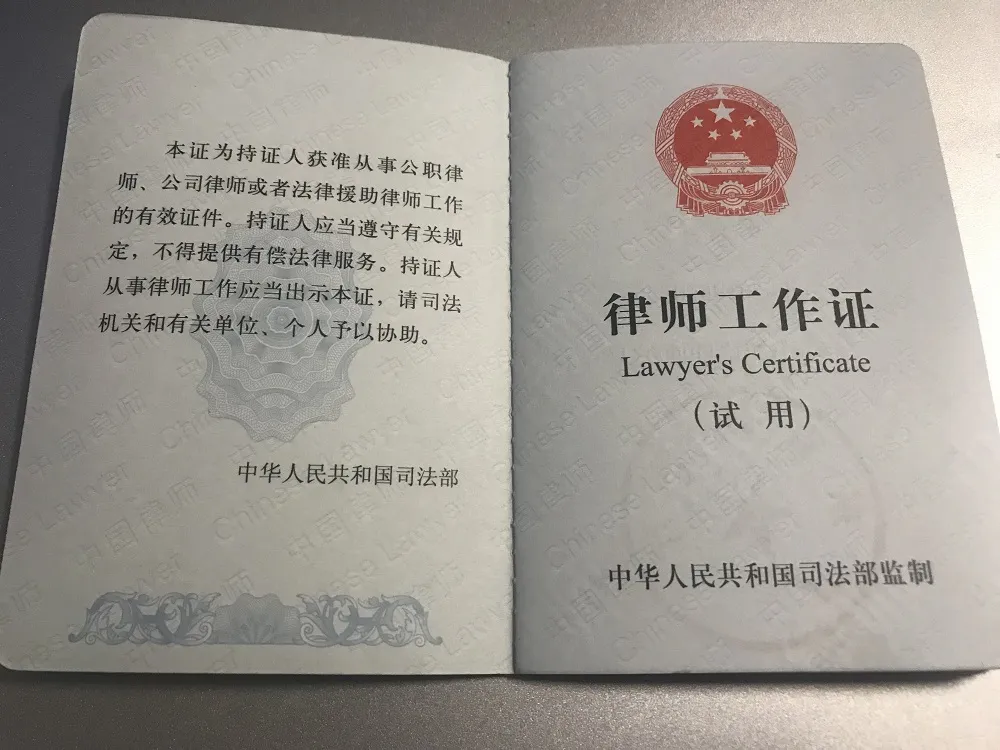Officially Becoming a Lawyer

At the beginning of the year, encouraged by my superiors (“Why do other districts have it, but not you?”), I started applying for a lawyer’s qualification. I had previously paid attention to this aspect but always thought it was of little use, so after obtaining the legal professional qualification certificate, it had been gathering dust and mold at the bottom of a box. This time, applying for the lawyer’s qualification was also a way to account for the sweat and effort of those hundreds of days and nights.

It’s a bit embarrassing to say, but it took me three attempts to pass the judicial examination. The first time was in 2010, right at the start of my senior year. Due to the long preparation period that year, I studied intermittently without forming a memory system and only scored 346 points. The second time was in 2011, from March when I left school to work until the exam in September. I changed jobs three times during this period and barely prepared, scoring 320 points. In 2012, my main focus was on the civil service exam, from the written test in April to starting work at the end of November, dragging on for seven months. Although I registered for the judicial exam, I didn’t attend. In 2013, my job finally stabilized, and I worked at a judicial office. I managed to squeeze out seven or eight hours a day to study and, after four months, finally redeemed myself by scoring 400 points and passing. I even wrote a summary at the time: Personal Experience of Passing the Judicial Examination
This time, applying for the public lawyer qualification mainly benefited from the “Opinions on Promoting the Legal Advisor System and the Public Lawyer and Corporate Lawyer System” issued by the General Office of the CPC Central Committee and the State Council in 2016. I had previously come across this document at work, participated in municipal and district-related research and meeting preparations, and mentioned it in several reports. However, it’s strange that I didn’t really think about registering as a public lawyer at the time. This application, apart from being returned once by the Municipal Bureau of Justice due to incomplete materials, went quite smoothly overall. From application (February 6) to certificate issuance (March 1), it took less than a month, but from the issuance date (March 1) to receiving the certificate (April 15), it took a month and a half.

The biggest difference between a public lawyer and a regular lawyer is probably the issue of charging fees. Public lawyers are issued a lawyer work certificate, while regular full-time social lawyers are issued a lawyer practice certificate. The public lawyer work certificate clearly states, “No paid legal services may be provided.”
Since it’s unpaid service, the public lawyer certificate doesn’t hold much appeal for ordinary civil servants. After all, their main job is already stressful enough, and adding unpaid legal services seems like asking for trouble. In reality, many units are also resistant to this work. Those with a legal background who have passed the judicial examination are almost always key personnel in their units. If they are pulled out to share legal aid work, it could adversely affect the main work of the unit.
Overall, the benefits of being a public lawyer are: first, being able to join the lawyer community and participate in some training and learning, especially for many administrative staff who really need to learn legal practical work from scratch; second, for those with extra energy and familiarity with the business, they can strengthen communication with legal aid departments and represent legal aid cases. Although the case subsidies are not much, for grassroots civil servants, every little bit helps, and it’s a legitimate way to increase income; third, for those who aspire to leave the civil service and become full-time lawyers in the future, the public lawyer work certificate can be converted into a full-time lawyer practice certificate at any time, saving the pain of starting as a trainee lawyer when applying for a lawyer’s professional qualification.
Finally, there’s the practical use in work. My department undertakes a lot of work directly facing the public, and having this certificate should be able to play a significant role in this area. In the current domestic environment, lawyers to some extent serve as a “pressure reducer” and “buffer” in communication between the government and the public. Many tasks are carried out more smoothly when lawyers are involved rather than the government. For example, in Shenzhen, a city with substantial financial resources, lawyers are even hired to participate throughout the law enforcement processes of urban management and environmental protection, effectively solving a series of prominent issues caused by the lack of credibility of public power.